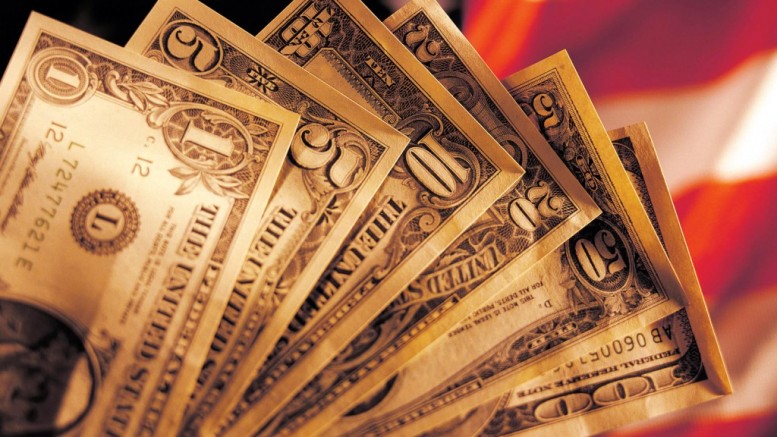Nigeria, Africa’s largest economy consolidated second-quarter recovery following the surge in global oil prices.
The economy grew by 1.4 percent in the third quarter, according to the National Bureau of Statistics report released on Monday. This was higher than the revised 0.72 percent recorded in the second quarter and slightly below 1.5 percent growth projected by most economists.

Experts attributed the sustained recovery to the rebound in global oil prices. The International Monetary Fund had earlier predicted that the economy will grow at 0.8 percent year-on-year in 2017 and 1.9 percent in 2018, saying rising global oil prices and the surge in output level will boost economic activities in the world’s most populous black nation.
Since the fall in global oil prices plunged the economy into recession in 2016, economic activities across the country declined to record-low as businesses and investors couldn’t access enough forex to import raw materials in a nation that depends on imports for 90 percent of its supplies. This led to record high foreign exchange rates, high inflation rate and low foreign direct investment.
However, the rebound in global oil prices has helped the Central Bank of Nigeria deepened its forex intervention policy to sustain forex liquidity at both the official markets and the new Investors and Exporters forex window launched in April.
According to the Governor of CBN, the Investors and Exporters window has traded about $10 billion since it was introduced. Meaning, foreign direct investment has rebounded from recession low and business confidence is gradually growing.
Meanwhile, President Muhammad Buhari two weeks ago presented 8.6 trillion naira proposed budget to a joint session of the National Assembly in Abuja. According to the president, the 16 percent increase in spending stated in the 2018 proposed budget will help consolidate on previous achievements and bring Nigeria’s Economic Recovery and Growth Plan (ERGP) 2018-2020 to fruition.












Leave A Comment